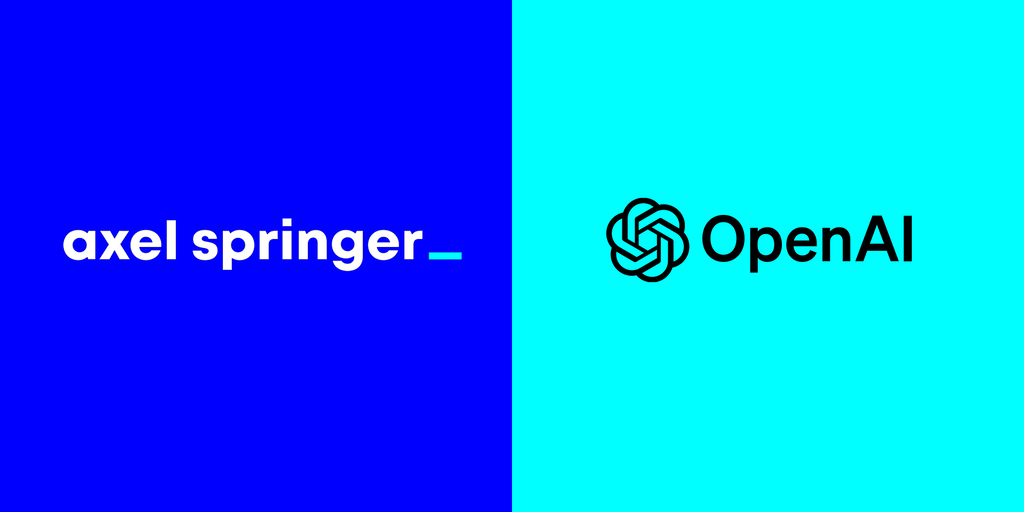

OpenAI, a leading artificial intelligence company, has joined forces with Axel Springer, a publisher behind dozens of popular media outlets. Politico to business insider to rolling stone— Taking the “business model of journalism” to the next level, characterized as “Journalism with AI capabilities.”
Axel Springer CEO Mathias Döpfner said it was a “first-of-its-kind” collaboration that would give ChatGPT users access to curated summaries of news content from Axel Springer’s diverse media portfolio, including paid content. Publishers also use GPT-4 to recommend content and respond to user queries.
In return, OpenAI will use Axel Springer’s content to train new AI models.
The announcement claims that the integration will ensure transparency and deeper engagement by providing sources and links to full articles.
“We are committed to working with publishers and creators around the world to help them benefit from cutting-edge AI technologies and new revenue models,” said Brad Lightcap, COO of OpenAI. He said the setup was beneficial to both businesses and the public. This will result in “new ways to access high-quality, real-time news content through AI tools.”
The intersection of AI and journalism presents challenges, including lack of transparency and concerns about misinformation. These issues are fleshed out by research from Ipsos Global. 56% of Americans and 64% of Canadians believe AI will make misinformation worse, while 74% globally believe AI could make it easier to create realistic fake news.
The potential for AI to combat misinformation is also being explored, as seen in tools such as AI Fact Checker and the integration of GPT-4 into Microsoft’s Edge browser. Some of these tools have proven to be adept at debunking disinformation.
The Associated Press responded to these concerns by issuing guidance limiting the use of generative AI in news reporting, emphasizing the importance of human oversight.
With predictions of an increasingly automated future, handing over huge responsibilities for news gathering and distribution to algorithms may be inevitable, but it will require careful rethinking and human oversight.
Edited by Ryan Ozawa.



